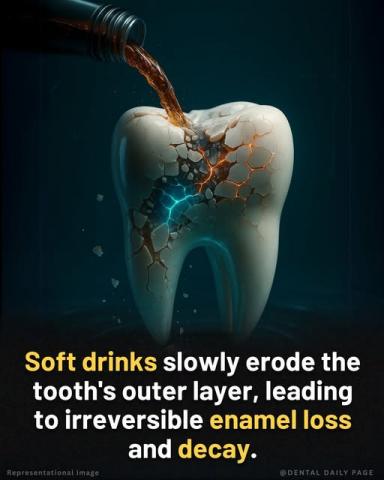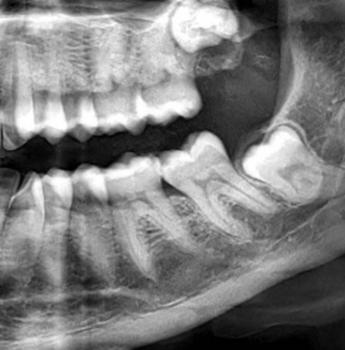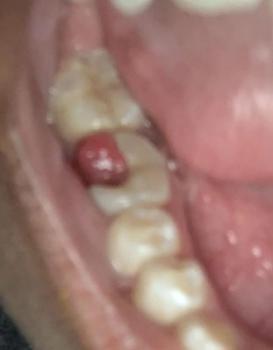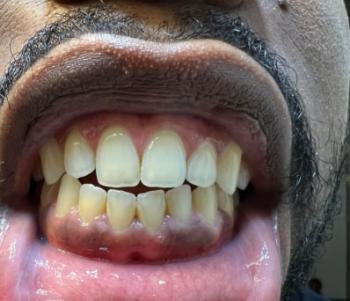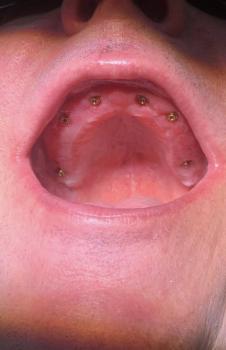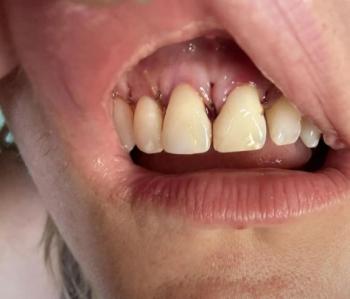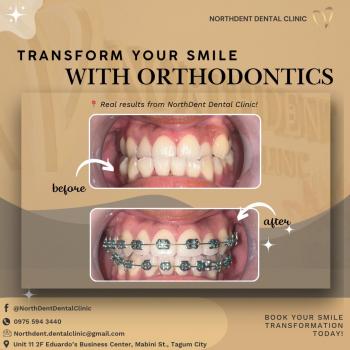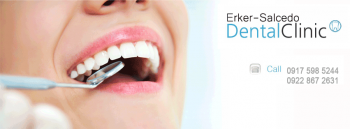Pacifier Teeth: How Prolonged Use Harms Your Child’s Jaw & Dental Health
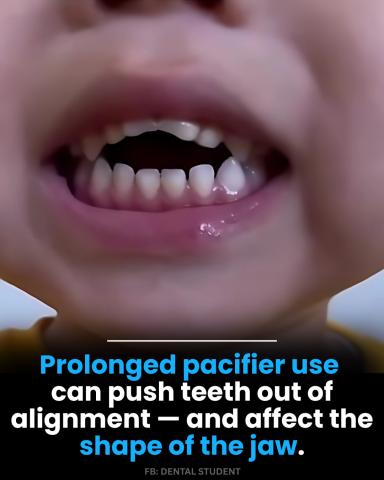
Pacifiers can be a lifesaver for parents, soothing fussy babies and helping them sleep. However, prolonged use—especially beyond ages 2–3—can have lasting effects on a child’s dental and jaw development. Understanding these risks, knowing when to wean off pacifiers, and recognizing corrective measures can help parents make informed decisions.
How Pacifiers Affect Teeth & Jaw Alignment
Research shows that extended pacifier use can lead to:




